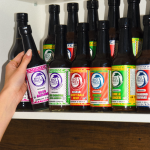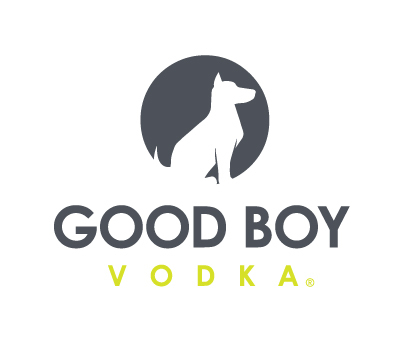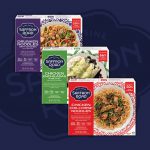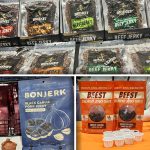Report: Today’s Grocery Shoppers Crave ‘Fresh Convenience’
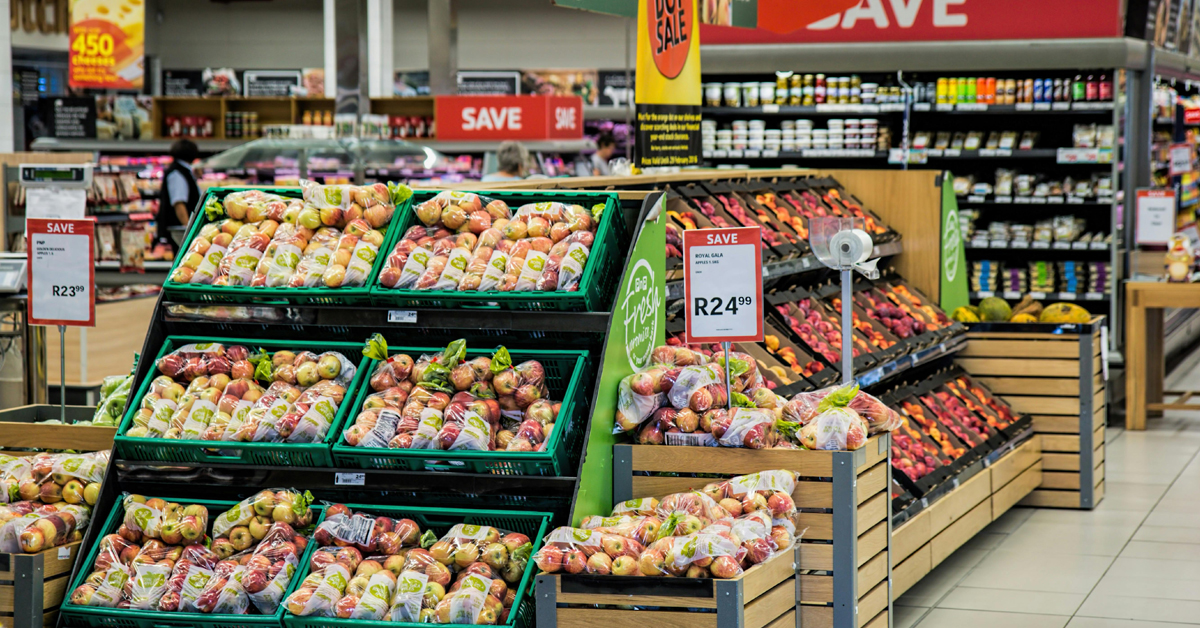
After weathering countless economic headwinds over the past five years, grocery retailers are again facing pressures to capture a greater share of consumers’ wallets.
According to a recent study by professional services network Deloitte, emerging forms of competition, rising shopper expectations and tightening purse strings are currently challenging conventional business models.
Despite these challenges, two traditional grocery fundamentals are playing an increasingly important role in consumers’ purchasing decisions: fresh food and convenience. Nine in 10 surveyed U.S. consumers say fresh food makes them happy, and two-thirds (66%) would pay a premium for fresh food. Together, fresh food and convenience, or “fresh convenience,” could serve as a foothold for positive gains, per the report.
From a grocer’s perspective, more than half (52%) of surveyed executives report that fresh food will be their most strategically important department over the next one to three years, with produce, deli, and meat leading the charge.
In August, retail sales rose 0.1%, topping Wall Street’s estimates of -0.2% as investors watch for any signs of a slowdown in consumer spending.
Consumers are actively seeking convenience not just in their food selections but also in how and where they shop, per the report. To stay ahead, traditional grocers must adopt strategies that balance consumer demands, both in the products they shop and the overall shopping experience.
Considering that 53% of surveyed consumers said figuring out “what’s for dinner” is one of their major pain points, a strong opportunity lies at the very start of the shopping process: the meal planning moment. Enter AI planning assistants, such as Hungyroot’s recently launched SmartCart tool, which analyzes millions of data points to recommend healthy groceries, easy recipes and essential supplements.
As inflation falls and consumers remain resistant to further price increases, grocers are focusing on unit volume sales growth to boost revenues.
According to the report, volume growth should be profitable “to power the earnings that keep investors happy and the flywheel of reinvestment turning.” This means that grocers should avoid expensive discounts and promotions in pursuit of boosting sales.
Deloitte’s research named three “frontiers” at key moments of the customer journey that provide opportunities to combine fresh food and convenience: selecting, shopping and planning.
“Navigating these frontiers will likely push grocers to make the most of their legacy advantages, including their customer relationships and strengths in fresh food, while developing new, cutting-edge practices. With these efforts, grocers and customers can have their fresh fruits, vegetables, meat, and seafood—and eat them, too,” the report reads.



